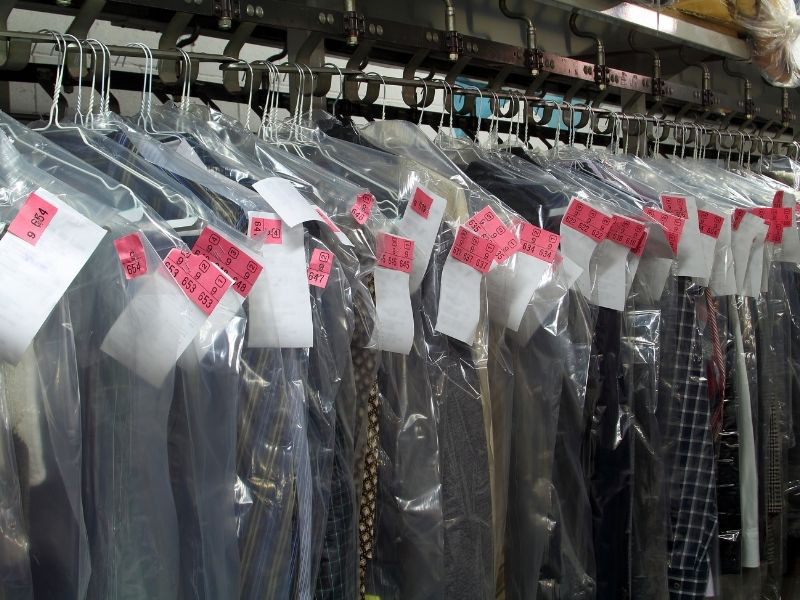Drycleaners Raise Awareness of Wash-Dry-Fold Services
One of the biggest potential opportunities for store owners offering full-service laundry programs in the current and post-COVID-19 world is – and will be – the heightened awareness of outsourced laundry.
Much of the interest in wash-dry-fold services is being spurred by the drycleaning business, which is one of the industries suffering the most during the current pandemic.
Essentially, the drycleaning business has been trying to reinvent itself and remain viable for the last 20 years. And, with the COVID-19 hit, there’s less likelihood of people going back to offices, dressing up for work like they used to and requiring drycleaning services at pre-pandemic levels.
Drycleaners built their plants to maximize their equipment usage. And, with very little work going through many of these operations now, the owners of the plants are looking at alternatives – and wash-dry-fold laundry is low-hanging fruit.
They’re attempting to leverage their branding as “garment-care experts” and as the preferable option to the local laundromat attendant.
In addition, many drycleaners are offering customers what amounts to a recurring revenue model to add these “plus services” to their business, while still taking in some drycleaning work. Customers will sign up for a plan, and operators are assured some regular income from them. Basically, they discount their baseline revenue model for a certain volume of business. The owners receive a revenue base they can count on, as well as attracting people into the stores.
This model has been out there for a while. It’s about buying in bulk and receiving a discount. It’s the “gym membership” scenario. And it’s a popular tool drycleaners are using to convert their clients into wash-dry-fold customers as well – offer a discount, get customers signed up with a laundry plan, and they’ll be coming into the store every week.
Is this good or bad for the laundromat industry?
To me, it’s similar to when short-lived laundry pickup-and-delivery company Washio made a big splash in the industry a few years ago, doing tons of national advertising. Whether or not Washio lasted is irrelevant, because its real value to the vended laundry industry was in the creation of increased national awareness of the wash-dry-fold product.
Personally, I’ve never considered a large operator that wasn’t actually processing the laundry themselves or that couldn’t achieve a substantial volume to be a huge threat to my business. What they are is an opportunity to raise awareness of the full-service product and to shift the way people view the value of their time.
With that said, many drycleaners have definitely upped their wash-dry-fold games in recent years. In fact, the finished products of several drycleaners these days are in some ways superior to many of the wash-dry-fold operations I’ve seen within the laundromat industry.
I certainly encourage you to research what your local drycleaners are offering in the way of wash-dry-fold and to “test drive” their products. I’ve seen high-quality packaging, as well as some thoughtful and creative folding, coming from several of today’s drycleaners.
This can serve as a great benefit to the entire wash-dry-fold business – if we take note and learn from it, and treat the drycleaners like true competition. After all, when everyone does a better job, the market grows.
With that said, even if every drycleaner in the United States got into the wash-dry-fold business, they still wouldn’t have anywhere near the capacity to produce quality wash-dry-fold products that the laundromat industry currently enjoys. Therefore, as a major threat to our industry, they are not.
However, by getting into the full-service laundry business and raising overall awareness of wash-dry-fold, drycleaners are shifting consumers’ expectations of “laundry day” – and that can only benefit all of us.












